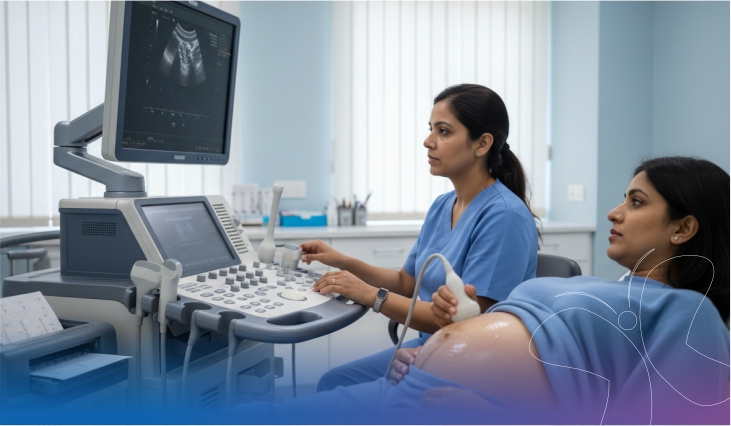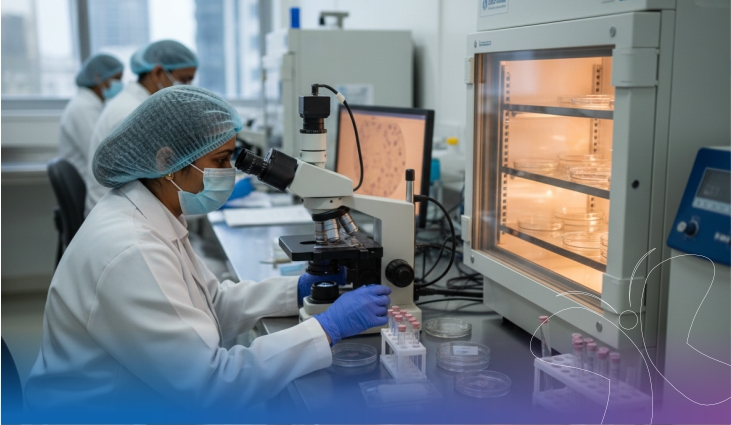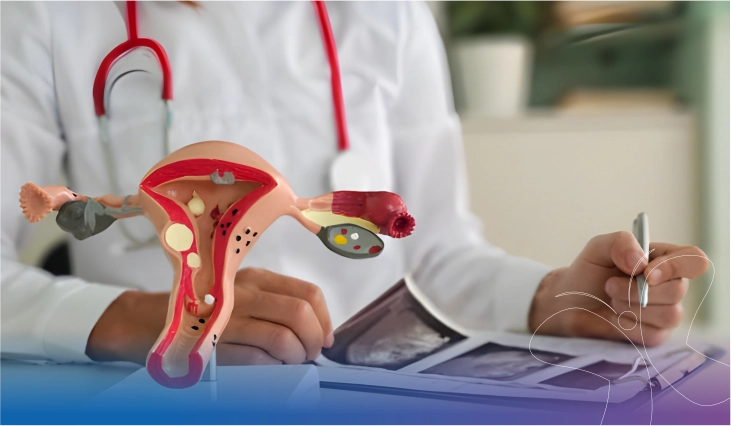Pregnancy is an extraordinary experience, but it certainly raises questions, concerns, and responsibilities the mothers will have during the transition. An obstetrician or obstetrics is the key to an array of care during pregnancy. Obstetric care explained can also make new and expectant mothers feel assured they are receiving the right care, while ensuring the mother and baby are healthy during the pregnancy following a proper pregnancy checkup schedule.
What is Obstetric Care? Obstetric Care Explained
Obstetric care explained indicates comprehensive medical support and management a woman receives while pregnant, during labor, and postpartum as well. The obstetrician will monitor the health of the mother and infant, manage complications, and instruct the mother on how to maintain a healthy pregnancy. A proper pregnancy checkup schedule is an important part of obstetric care that allows the mother and obstetrician to communicate on changes, issues, and to assess the health of both the mother and infant and how to continue to maintain a healthy pregnancy.
First Trimester: Laying the Foundation
Obstetrical care is very crucial in the first trimester in care and management of care. In the first trimester, obstetricians are focused on confirming the pregnancy, evaluating maternal health, and identifying any risks. Obstetric care explained is focused on instructions around early screening tests, a general overview of a healthy lifestyle and on what the mother should be eating and taking during her pregnancy. If a proper pregnancy checkup schedule is followed during this stage of pregnancy, it will provide information to the obstetrician and assist in monitoring important progression and milestones in pregnancy. For example, throughout the first trimester there will be monitoring of the baby's heartbeat, hormone levels, as well as noting overall maternal health, wellness, and observation of symptoms during the pregnancy. The first trimester serves as laying the largest foundation towards a healthy pregnancy.
Second Trimester - Monitoring Growth and Development
The second trimester is usually the most comfortable phase, but monitoring is still important, depending on how the baby is growing and developing. Obstetric care explained during this phase typically involves ultrasounds, glucose screening, and evaluating growth. Expecting mothers should keep a regular pregnancy checkup schedule so that the obstetrician can monitor growth and development and come up with timely interventions, if necessary, to keep mother and baby healthy.
Third Trimester - Preparing for Delivery
The third trimester is about preparing for labor but still monitoring the baby's growth and development. Obstetric care explained during this phase often involves monitoring the fetus's position, the mother's blood pressure, and preparing for a safe delivery. When the mother keeps a pregnancy checkup schedule, any potential problems, such as preeclampsia or gestational diabetes, can be planned for and handled, giving the mother peace of mind before delivery.
Postpartum Support: Extensions to Obstetric Care
Following childbirth, obstetric care continues. Postpartum care, as defined here, consists of postpartum follow-ups, health recovery checks and addressing any emotional or physical issues. It is essential that mothers continue to follow up on the pregnancy checkup schedule after delivery to ensure their health during a time of recovery and to receive advice and support on breastfeeding and infant care.
Importance of Following a Pregnancy Checkup Schedule
A scheduled pregnancy checkup is important because it allows the obstetrician to intervene as early as possible if there were to be complications during treatment. In reference to obstetric care explained, obstetric care is not simply an examination to conduct tests, it is an episode of reassurance, guidance, and individualized care. The obstetrician will provide nutritional information, emotional support, and ensure the mother has been monitored as delicately as possible through her journey.



















































































































































































































